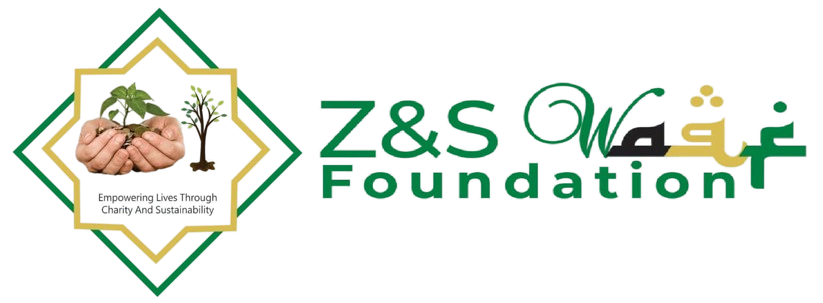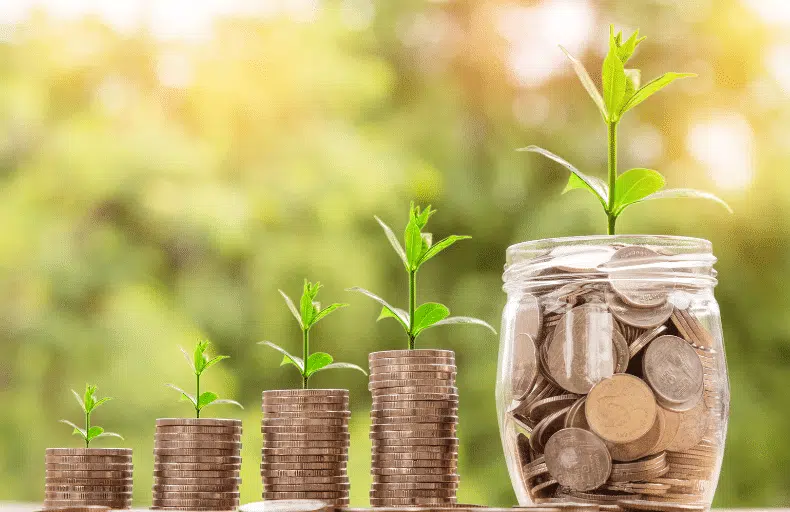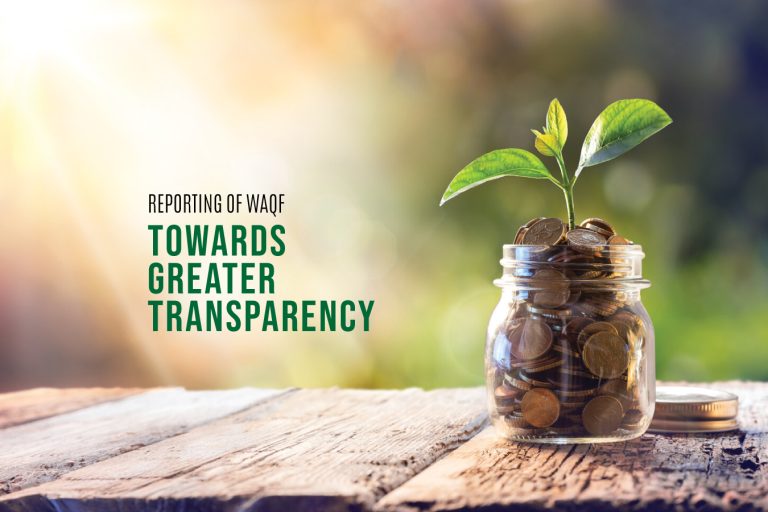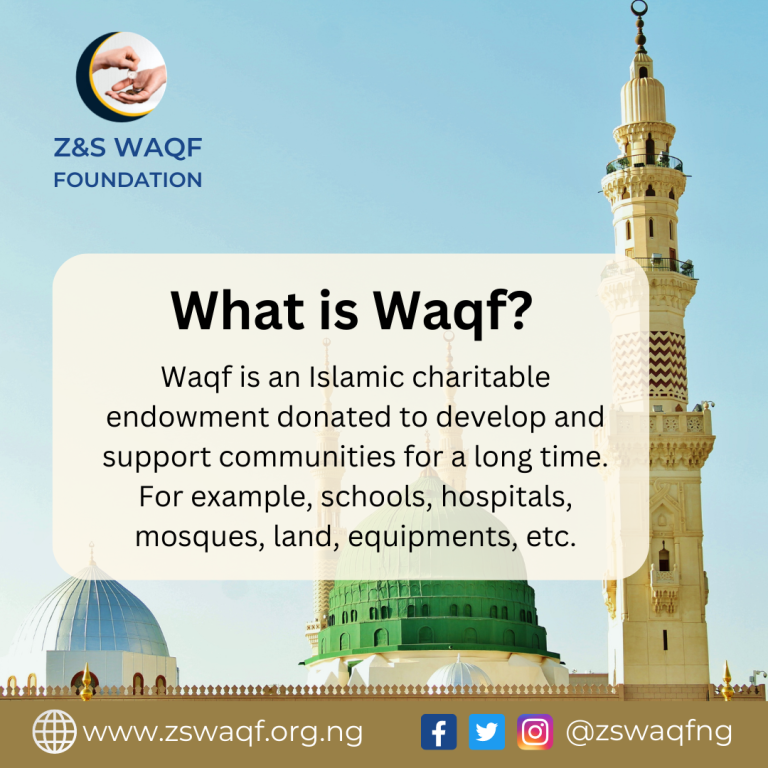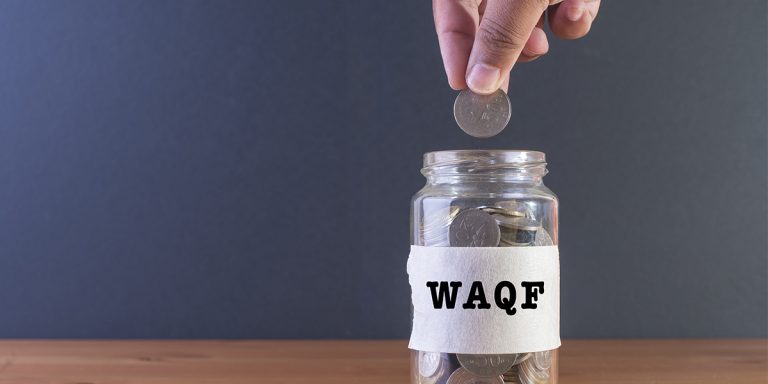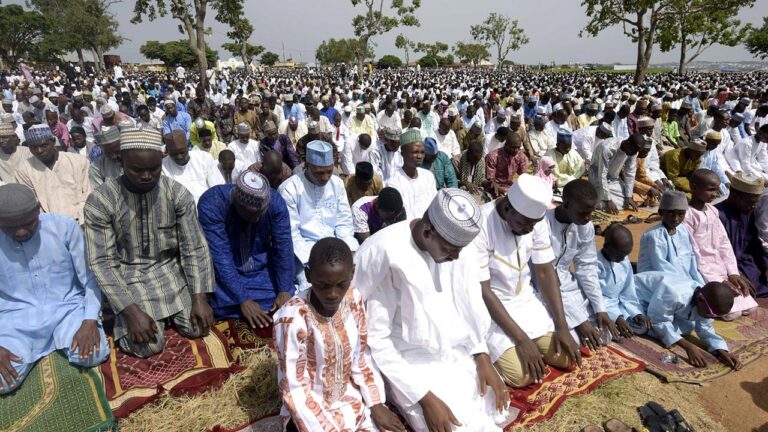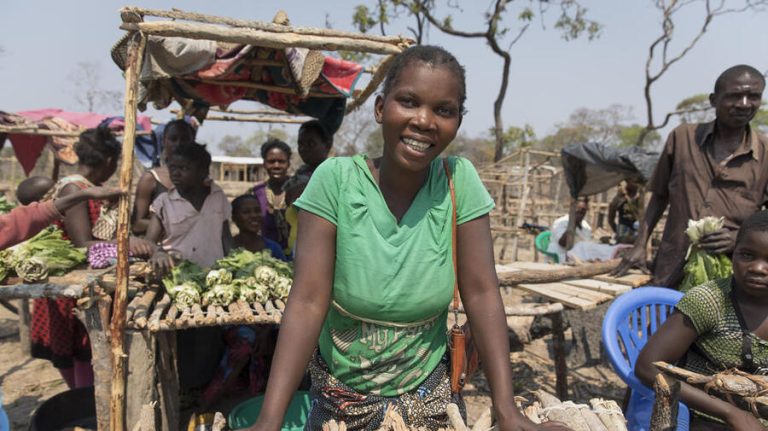The Role of Waqf in Promoting Sustainable Development: Insights from the Qur’an
In the pursuit of sustainable development, societies worldwide are exploring innovative and inclusive approaches. One such approach deeply rooted in Islamic heritage is the institution of Waqf. Derived from the Arabic word ‘waqafa,’ meaning “to hold, to stop, or to preserve,” Waqf represents a philanthropic tradition with a profound impact on communities. Today, we delve into the role of Waqf in promoting sustainable development, drawing inspiration from the teachings of the Qur’an.
- Defining Waqf and Its Historical Significance:
Waqf is a charitable endowment where the principal asset is donated perpetually, and the generated income is dedicated to philanthropic causes. The origin of Waqf dates back to the time of Prophet Muhammad (peace be upon him), who encouraged the establishment of endowments to address social needs and ensure community development. This tradition has left a lasting impact on societies, fostering progress and sustainable change.
- Waqf and Sustainable Development Goals:
In the Qur’an, there are numerous verses that emphasize the importance of charity, justice, and caring for the less fortunate. Waqf serves as a means to address social inequalities, poverty alleviation, and environmental preservation, aligning with the principles of the United Nations Sustainable Development Goals (SDGs). By directing the income generated from Waqf properties towards education, healthcare, gender equality, climate action, and more, sustainable development can be achieved.
- Empowering Education and Knowledge:
The Qur’an emphasizes the value of education and acquiring knowledge as a means of progress and empowerment. In Surah Al-Zumar, verse 9 (Q39:9), Allah says, “Are those who know equal to those who do not know?…” Waqf can be utilized to establish educational institutions, scholarships, and vocational training centers, ensuring access to quality education for all, thus fostering sustainable human development.
- Upholding Healthcare and Well-being:
Healthcare is a fundamental human right emphasized in Islamic teachings. The Qur’an promotes the concept of caring for one’s physical well-being. Allah said in Surah Al-Isra (17:82), “And We send down of the Qur’an that which is healing and mercy for the believers.” Waqf can be utilized to establish healthcare facilities, clinics, and programs that provide accessible and quality healthcare services to underserved populations, contributing to sustainable well-being.
- Alleviating Poverty and Promoting Social Welfare:
The Qur’an emphasizes the importance of charity and addressing the needs of the less fortunate. In Surah Al-Baqarah (2:177) Allah says: “Righteousness is not that you turn your faces toward the east or the west, but [true] righteousness is [in] one who believes in Allah, the Last Day, the angels, the Book, and the prophets and gives wealth, in spite of love for it, to relatives, orphans, the needy, the traveler…” Waqf can be directed towards poverty alleviation, establishing microfinance schemes, vocational training centers, and social welfare programs to uplift individuals and families, fostering sustainable livelihoods.
- Environmental Stewardship:
The importance of environmental preservation and responsible resource management was emphasized in the Qur’an. In Surah Al-A’raf (7:56) Allah says, “And cause not corruption upon the earth after its reformation.” Waqf can be utilized to promote sustainable practices, such as renewable energy, water conservation, and eco-friendly agriculture, to mitigate climate change and preserve natural resources, ensuring a sustainable future for generations to come.
Conclusion:
Waqf, rooted in Islamic heritage, plays a significant role in promoting sustainable development. Drawing insights from the Qur’an, we recognize the importance of charity, education, healthcare, poverty alleviation, and environmental stewardship in creating a more equitable and sustainable society. By embracing the principles of Waqf and actively participating in philanthropic endeavors, we can contribute to sustainable development, leaving a positive impact on our communities and the world at large.
